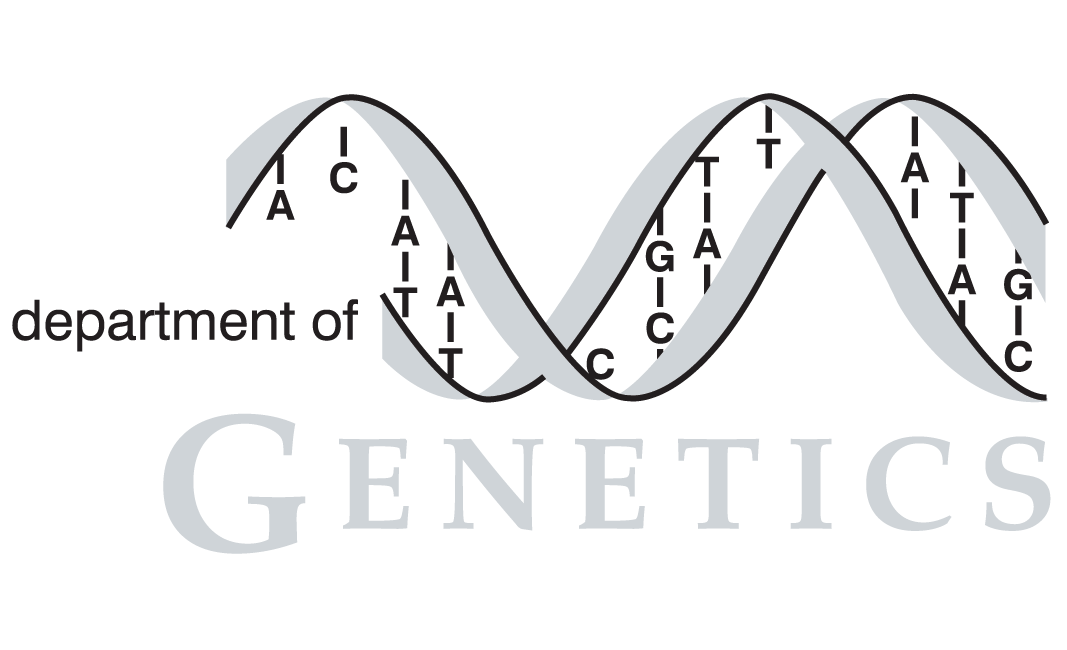| Citation | Zhang Y, Liu ZL, Song M. ChiNet uncovers rewired transcription subnetworks in tolerant yeast for advanced biofuels conversion. Nucleic acids research, 2015. |
| PubMed ID | 25897127 |
| Short Description | ChiNet uncovers rewired transcription subnetworks in tolerant yeast for advanced biofuels conversion. |
| # of Conditions | 10 |
Full Description

|
Analysis of rewired upstream subnetworks impacting downstream differential gene expression aids the delineation of evolving molecular mechanisms. Cumulative statistics based on conventional differential correlation are limited for subnetwork rewiring analysis since rewiring is not necessarily equivalent to change in correlation coefficients. Here we present a computational method ChiNet to quantify subnetwork rewiring by statistical heterogeneity that enables detection of potential genotype changes causing altered transcription regulation in evolving organisms. Given a differentially expressed downstream gene set, ChiNet backtracks a rewired upstream subnetwork from a super-network including gene interactions known to occur under various molecular contexts. We benchmarked ChiNet for its high accuracy in distinguishing rewired artificial subnetworks, in silico yeast transcription-metabolic subnetworks, and rewired transcription subnetworks for Candida albicans versus Saccharomyces cerevisiae, against two differential-correlation based subnetwork rewiring approaches. Then, using transcriptome data from tolerant S. cerevisiae strain NRRL Y-50049 and a wild-type intolerant strain, ChiNet identified 44 metabolic pathways affected by rewired transcription subnetworks anchored to major adaptively activated transcription factor genes YAP1, RPN4, SFP1 and ROX1, in response to toxic chemical challenges involved in lignocellulose-to-biofuels conversion. These findings support the use of ChiNet in rewiring analysis of subnetworks where differential interaction patterns resulting from divergent nonlinear dynamics abound. |
Tags
 |
Contact: sgd-helpdesk@lists.stanford.edu


